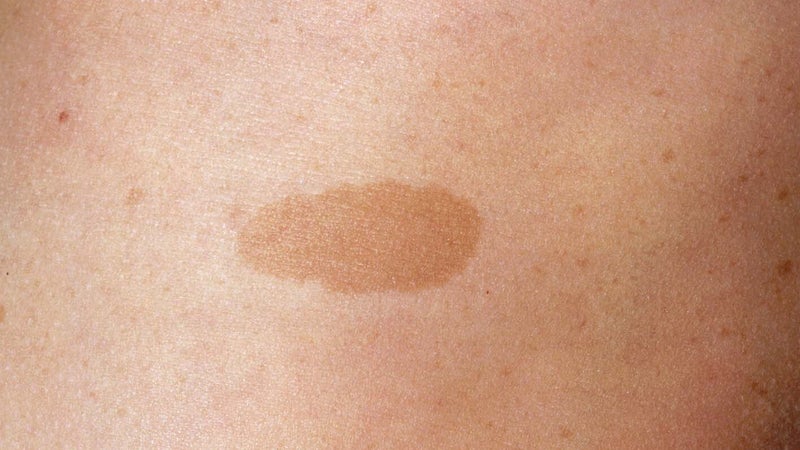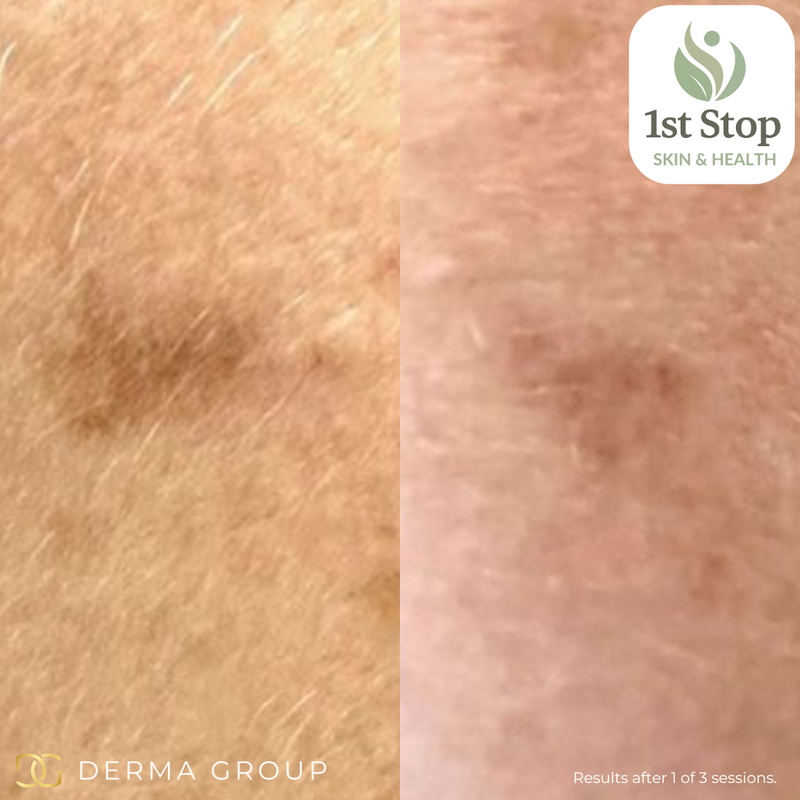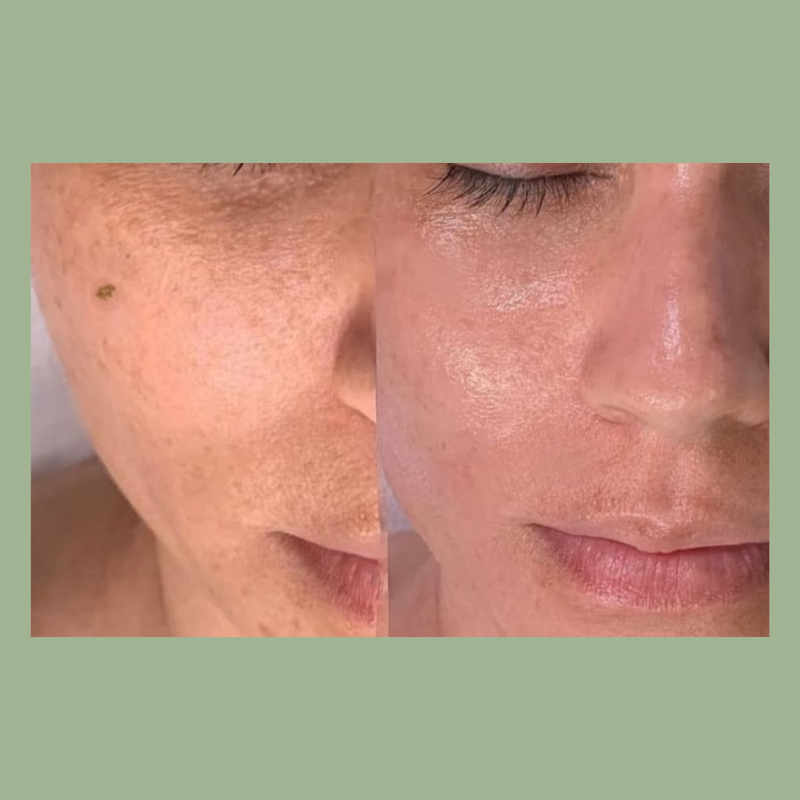Pigmentation
What is pigmentation?
Pigmentation refers to the colouring of the skin. Your skin gets its colour from a pigment called melanin, produced by special cells called melanocytes. When these cells become damaged or overactive, they can produce too much melanin, leading to pigmented lesions or dark spots (hyperpigmentation).
Hyperpigmentation can affect all skin types and can appear on the face, hands, and other parts of the body frequently exposed to the sun.

What causes hyperpigmentation?
- Sun exposure (UV rays increase stimulate melanin production, leading to dark spots or uneven skin tone).
- Hormonal changes (pregnancy, birth control, menopause).
- Skin trauma or inflammation/Post-Inflammatory Hyperpigmentation/PIH (dark spots that follow an injury or inflammation, such as acne, eczema, or a cut)
- Medications (some drugs can increase photosensitivity or stimulate melanin production).
- Genetics (a predisposition to certain types of pigmentation can be inherited).
- Aging (as skin ages, pigmentation irregularities can become more prominent).

Types of hyperpigmentation
What are the benefits?
- Visible Reduction in Pigmentation: Gradual fading of dark spots and discolouration, restoring a more even skin tone.
- Non-Invasive and Precise: No cuts, stitches, or anaesthetic needed. The laser targets pigment precisely without affecting healthy skin.
- Stimulates Collagen Production: In addition to treating pigmentation, the laser promotes collagen regeneration, improving overall skin texture and tone.
- Quick Recovery Time: Most patients experience only mild redness or swelling, which subsides within hours to a few days.
- Long-Lasting Results: With proper aftercare and sun protection, results can be maintained effectively over time.

Why is melasma not suitable for laser treatment?
- It's a more complex form of pigmentation than isolated pigmented spots
- It usually involves multiple layers of the skin, and pigment deep within the dermis (making it difficult for lasers to reach and target effectively).
- It's often caused by a combination of factors, including hormonal changes, inflammation, and sun exposure (making it more challenging to treat with a single laser treatment).
- Laser treatments can cause inflammation & heat which are known triggers for melasma.
- Due to it's complex nature, melasma should be assessed by a doctor or dermatologist so that it can be treated appropriately & effectively, and should not be treated with laser unless part of a full treatment plan by a doctor or dermatologist.